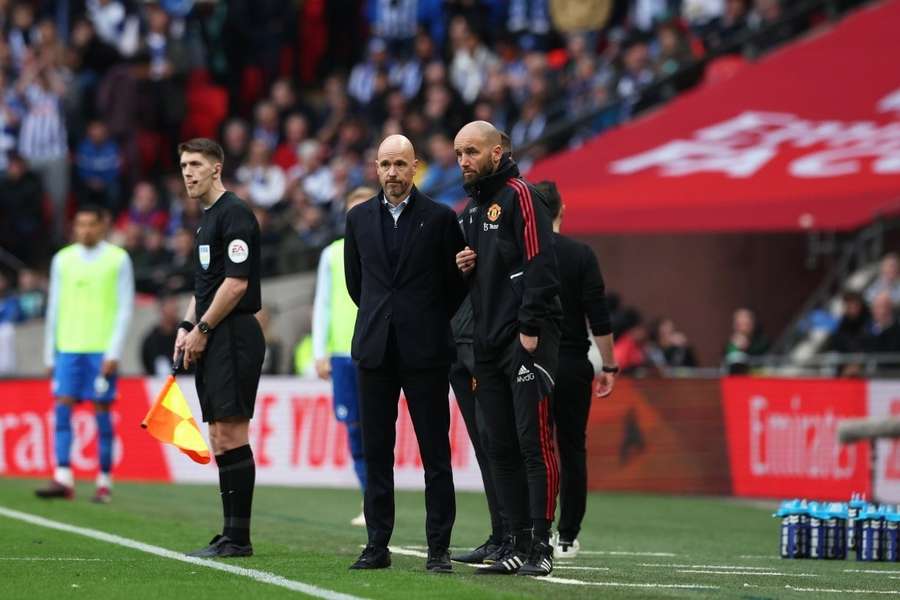The 24-year-old has had a rough start to life at Man United, scoring just five goals and claimed three assists in 54 Premier League appearances which has led to many asking the club to sell him.
United are set to face Manchester City in the Community Sheild tomorrow and Anthony who is unlikely to start the game has opened up about his childhood and how he fought through constant struggles.
"It's difficult for me to talk about my background," Antony told reporters, answering in his native Portuguese to questions posed in English.
"It's not by chance I have the favela where I grew up tattooed across my back and always play with 'favela' written on my boots. The favela is always with me.
"I'll never let anyone else write my story or let people put me down as I genuinely know what it's like to be at the bottom.
"There were times when I didn't have boots to play football in, times when there wasn't enough to eat. I didn't have a bedroom - I slept on the sofa in the living room. My house would flood when it rained heavily.
"I saw a lot of friends go down another path and some of them lost their lives. I know what I went through; I know what my mother, father, brother and sister suffered together with me."
In 2024 it is estimated that about 6% of Brazil's population, more than 11 million people, live in favelas which makes Anthony’s rise to the height of football even more special.
However, despite reaching the top, the winger still goes back to his roots.
"My parents, brother and sister don't live there anymore, but whenever I'm on holiday I always look to pay a visit, even if it's for a short amount of time," he said.
"It renews my energy, reminds me where I come from and everything I went through to get here. I always get emotional talking about the favela because it's somewhere I learned so much through adversity. We had nothing, just our faith in God and determination."
"A lot of people don't see where you come from and what you've overcome," he said. "You come from nothing, from not having enough to eat, and now have practically everything with such ease - it's difficult to deal with this. I will always represent the favela. It is there, with me, for the rest of my life."
The winger is not happy with his performance and says his childhood still has an affect on his time on the pitch.
"I demand a lot of myself and obviously I was not satisfied with my season," he said. "A lot happened over the year in my personal life. Like it or not, everything had an effect on the pitch.”
"But I've got a strong mentality and I'm focused on what I want. I know this season will be totally different."
"I always set out objectives," he said. "More goal participations, more assists, where I need to improve. I put them down on paper rather than on my phone.”
"For every game I need to put something in writing - goals, shots on goals, dribbling, everything. I have to do it for every game and am doing it in training as well.”
"It's really important for me. It allows me to visualise and mentalise and then step on to the pitch with this in mind.”
"I usually take the notes with me but if I leave them at home, I'll ask my wife to send me a photo of them. I'm always reflecting - about how many shots I should be making in a game, that I can't lose the ball, that I need to score goals and create assists, pass and dribble completions as well as defensive performance.”
